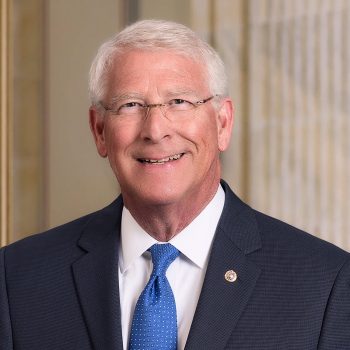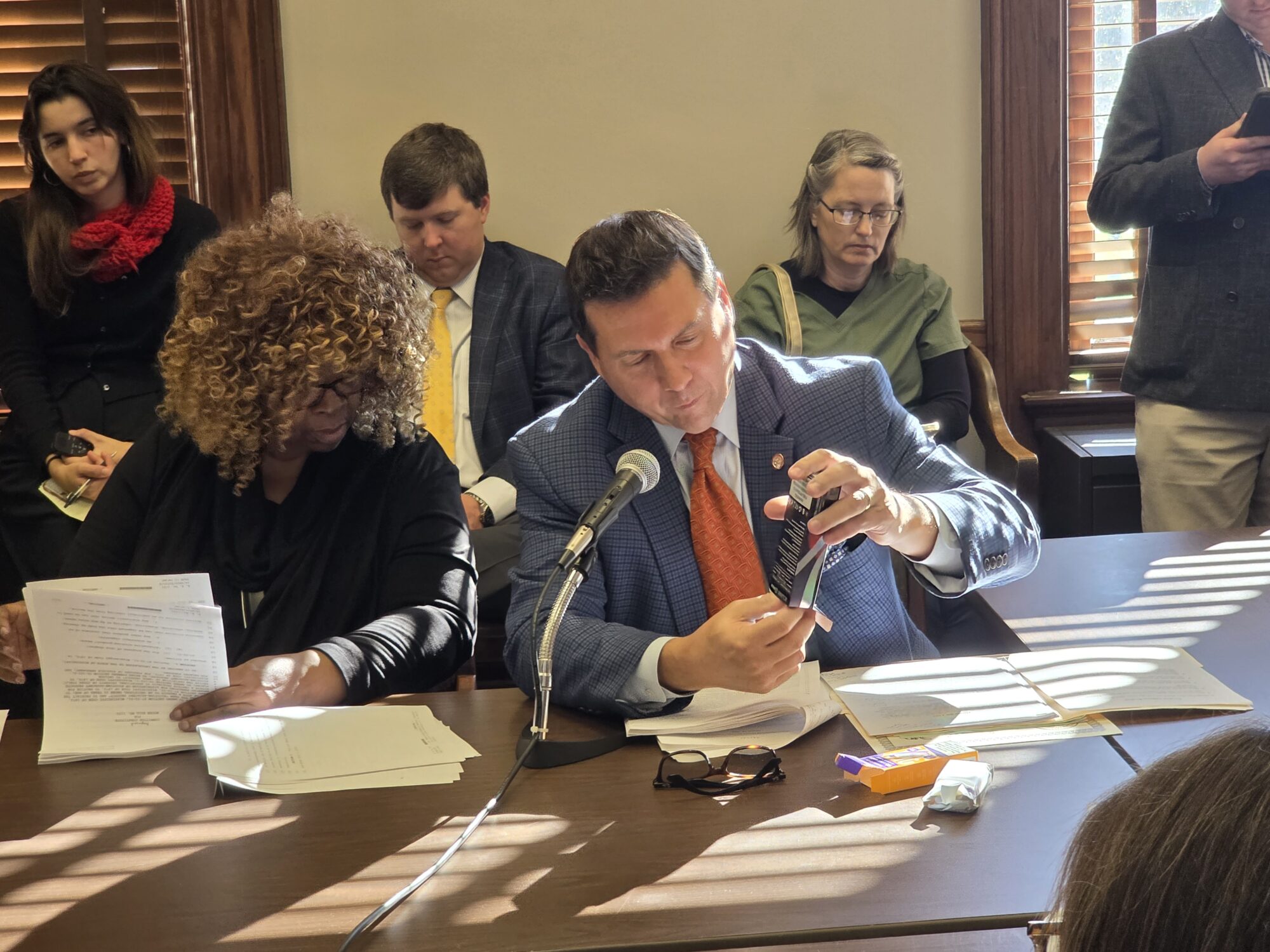
2018 had many ups, downs, political firestorms and moments that left mouths agape– and education was a big conversation piece through the year.
Here’s an education review of 2018.
2018 Legislative Session
The 2018 Legislative Session brought about many discussions in the realm of public education in Mississippi. The Education Scholarship Account got early attention from the Legislature when it passed the Senate education committee. Lieutenant Governor Tate Reeves championed the bill that would expand ESA accessibility before it was passed over and killed by the Senate a week later. Empower Mississippi later said that the lack of movement on the bill was “ignoring” families on the long waiting list for the assistance that would aid in providing education and resources for students with special needs.

Attention turned instead to replacing the Mississippi Adequate Education Program funding with the Mississippi Uniform Per Student Funding Formula Act of 2018. The ever controversial MAEP formula continued to be the law of the land after the suggested replacement legislation died. Both Republicans and Democrats acknowledged that MAEP has lacked full funding under both parties leadership, so a new plan is needed.
Charter schools
Charter Schools are on the slow rise in Mississippi. While charter schools have been a national phenomenon since 1992, it wasn’t until 2013 that Governor Phil Bryant signed legislation that became one of the building blocks for expanding school choice in the state of Mississippi. Two years later, the first two charter schools opened in Jackson; two more opened in 2016.
However, in five years’ time, only five charter schools have opened in the state: Clarksdale Collegiate Public Charter School (kindergarten-second grade); Midtown Public Charter School (fifth grade-eighth grade); ReImagine Prep (fifth grade through eighth grade); and Smilow Collegiate (kindergarten and first grade). Smilow Prep (fifth through eighth grade) is also on the same campus as Smilow Collegiate.

Clarksdale Collegiate is the only charter school in the Delta. The rest of the charter schools are in Jackson.
Mississippi is highly ranked for charter schools, but there are still lessons to be learned. The Magnolia State, according to the National Association of Charter School Authorizers, is ranked highly on the list of chartering states in the nation, however; the organization also shows that more work could be done to bring Mississippi up to par in the way of school choice.
Mississippi has one charter school authorizer– the Mississippi Charter School Authorizer Board, which is categorized as an Independent Chartering Board (ICB). The states that rank the highest on the NACSA list: Indiana, Nevada, and Washington; have 9, 5, and 2 authorizers respectively within their states. More authorizers mean more schools eligible to open, and more students are able to be served.
Mississippi could learn a thing or two from this model, as it could serve as a roadmap for improvement of charter school legislation in the state.
All in all, Mississippi had a great year when it comes to improvement of the charter school system. The Mississippi Charter School Authorizer Board approved a new K-8 school in the Jackson area, as well as Mississippi’s first charter high school.
When Smilow Collegiate celebrated its ribbon-cutting, Mississippi was able to see a glimpse into what happens when you introduce the ideals of pursuing college as early as kindergarten, as well as the importance of school choice.
However, school choice still has room to grow in Mississippi. With only one approved charter high school, many are faced leaving the 8th grade and having to start over in the school system they originally left–because their choices have run out.
Educational Needs in Mississippi
2018 was a year of debating needs for the public education system in Mississippi. Many have called for a better way to bring in and retain teachers in the classroom, by evaluating certifying standards. This posed the question: Are certification standards keeping effective teachers out of the classroom? “You may have an effective teacher driving data for their students,” said Jon Rybka, CEO of RePublic Charter Schools. “But they can’t pass the Praxis. You can find alternative ways of certifying that teacher.”
Teacher retention spans much further than getting them certified in the first place. Two former Mississippi teachers spoke to Y’all Politics this year about why they left the state. Lack of support and lack of training on both policy and how to best handle the needs of students were cited as the main reasons for leaving their classrooms in Mississippi.

Students too, often are forced to leave their school for better opportunities. That was certainly the case of Kinsey Brewer, whose need to bring dyslexia therapy into her daily classroom life led to a multiple-hour commute for school each day. Many students in Mississippi are not as blessed with the system Kinsey had, which brings the discussion of more funding for ESA scholarships in Mississippi–so students with special needs can get the therapy and resources they need to best serve their educational needs.
Education Scholarship Account
The Education Services account, which allows families to receive a scholarship from the state for educational supplements or tuition to meet the needs of students with special needs in the state, received its biennial review from the Legislative PEER Committee. The report found that while parents within the program are overwhelmingly happy with it, there are still administration oversights and inefficiencies that need to be addressed.
Part of the recommendations was to eliminate the “lottery-style” selection process in which families are chosen for the scholarship. This has left over 200+ on a waiting list for the services, with many choosing to forfeit over time–which led to a mid-year lottery of the ESA scholarship after 40+ families decided not to participate in the program.
MAE/Teacher Politics
During the special session of the legislature in the summer of 2018, the Governor called for a teacher payraise of $50 million dollars to be distributed over the next two years. While this gives many a glimpse into the 2019 Legislative Session, it gave the Mississippi Association of Educators a platform to discuss their disdain with teacher pay and support in the state… while downplaying the raise.

As an initial response to the pay raise, MAE president Joyce Helmick released a scathing video calling the raise “election-year pandering” and stating that teachers in Mississippi were “doing their homework” and “not staying quiet anymore” regarding their needs in the classroom.
https://www.facebook.com/maetoday/videos/1850414441709421/
After the Governor released his budget recommendations for the upcoming session which included the $50 million dollars for teacher pay raises, MAE spoke out again, pointing out that it would amount to $781 a teacher prior to taxes, and warning politicians to “don’t believe that this will silence us.”











